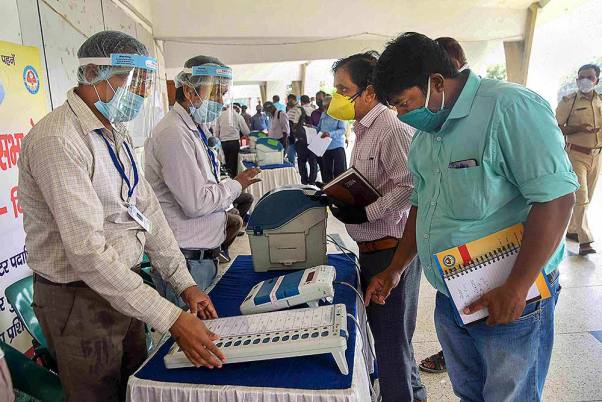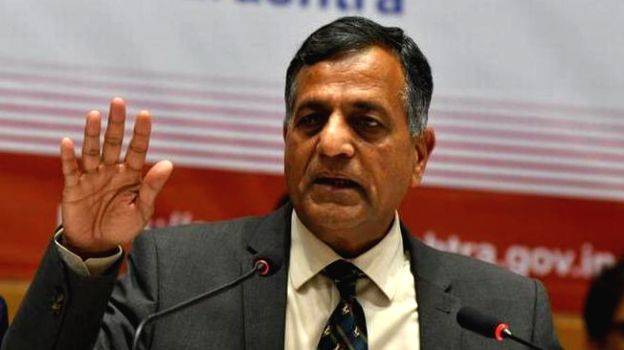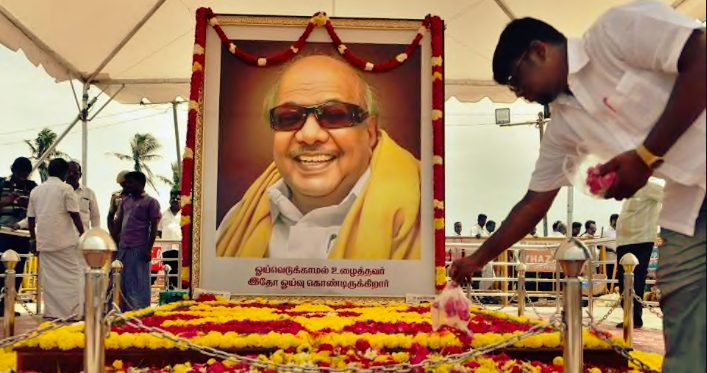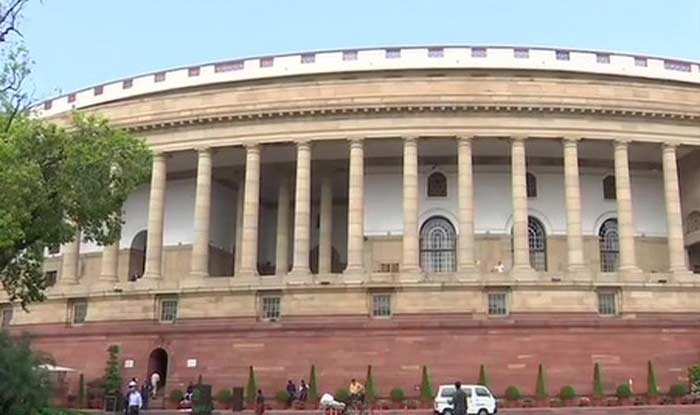Most of the Indian Opposition parties have decided to oppose the Election Commission’s proposal on remote electronic voting machine (RVM) as it is sketchy and not concrete, senior Congress leader Digvijaya Singh said on Sunday.
Opposition parties on Monday urged the Election Commission to address the issue of urban uninterestedness towards the poll process.
“No opposition party wants to see the demonstration of a remote voting machine (RVM). First, the issue of the need to have such a machine should be settled,” senior Congress leader Digvijaya Singh said.
The former Madhya Pradesh Chief Minister said he felt that there would be no RVM demonstration till there is a consensus on the issue of RVMs. No political party is prepared to see the demonstration, he said.
“The idea of RVM is not acceptable,” Singh said and added that the commission should address concerns about electronic voting machines raised by eminent citizens of the country.
The meeting came a day before the Election Commission showcases the remote electronic voting machine (RVM) prototype for migrant voters to representatives of political parties.
The poll panel has invited eight recognised national parties and 57 recognised state parties for a demonstration on Monday morning.
He made the remarks after a meeting of Opposition parties that was attended by leaders of the Congress, JD(U), CPI, CPI(M), National Conference, JMM among others.
Singh said there are huge political anomalies in the proposal for remote voting machine with things like the definition of migrant labourers not clear.
Each RVM can handle up to 72 constituencies, allowing migrant voters to cast their votes from a remote polling booth. Parties were also asked to give in writing their views by the end of January on issues such as changes required in the law to allow the use of RVMs.
On Sunday, leaders of most Opposition parties decided to oppose the EC’s proposal on RVMs after a meeting facilitated by the Congress.
The EC, on December 29, said it developed a model of a remote electronic voting machine for domestic migrant voters to increase voter participation in the polling process.
The RVM aims to ensure that people working in places other than where they are registered as voters would no longer have to travel to their domicile voting constituencies.









